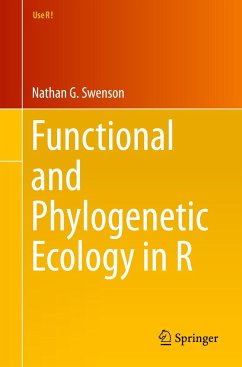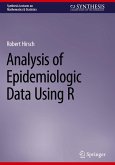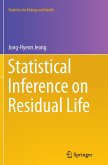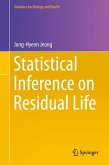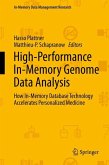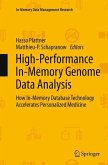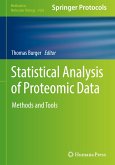Functional and Phylogenetic Ecology in R is designed to teach readers to use R for phylogenetic and functional trait analyses. Over the past decade, a dizzying array of tools and methods were generated to incorporate phylogenetic and functional information into traditional ecological analyses. Increasingly these tools are implemented in R, thus greatly expanding their impact. Researchers getting started in R can use this volume as a step-by-step entryway into phylogenetic and functional analyses for ecology in R. More advanced users will be able to use this volume as a quick reference to understand particular analyses. The volume begins with an introduction to the R environment and handling relevant data in R. Chapters then cover phylogenetic and functional metrics of biodiversity; null modeling and randomizations for phylogenetic and functional trait analyses; integrating phylogenetic and functional trait information; and interfacing the R environment with a popular C-based program. This book presents a unique approach through its focus on ecological analyses and not macroevolutionary analyses. The author provides his own code, so that the reader is guided through the computational steps to calculate the desired metrics. This guided approach simplifies the work of determining which package to use for any given analysis. Example datasets are shared to help readers practice, and readers can then quickly turn to their own datasets.
From the book reviews:
"This book is structured in nine interlinked chapters ... . Each chapter is built in a lecture-style incremental manner and does not assume an extensive previous knowledge of R. All chapters conclude with a series of exercises that consolidate the presented notions. This approach makes the book suitable for undergraduates and postgraduates, as well as researchers with an interest in the field. Its structure and detailed examples supported with exercises make it a timely addition for the scientific community." (Irina Ioana Mohorianu, zbMATH, Vol. 1300, 2015)
"This book is based on a course taught by the author and has therefore gone through rigorous user testing, which shows in the clear layout and detailed step-by-step guidance through sophisticated statistical analyses. ... Anyone embarking on related research will benefit from this." (Markus Eichhorn, Frontiers of Biogeography, Vol. 6 (2), 2014)
"This book is structured in nine interlinked chapters ... . Each chapter is built in a lecture-style incremental manner and does not assume an extensive previous knowledge of R. All chapters conclude with a series of exercises that consolidate the presented notions. This approach makes the book suitable for undergraduates and postgraduates, as well as researchers with an interest in the field. Its structure and detailed examples supported with exercises make it a timely addition for the scientific community." (Irina Ioana Mohorianu, zbMATH, Vol. 1300, 2015)
"This book is based on a course taught by the author and has therefore gone through rigorous user testing, which shows in the clear layout and detailed step-by-step guidance through sophisticated statistical analyses. ... Anyone embarking on related research will benefit from this." (Markus Eichhorn, Frontiers of Biogeography, Vol. 6 (2), 2014)

